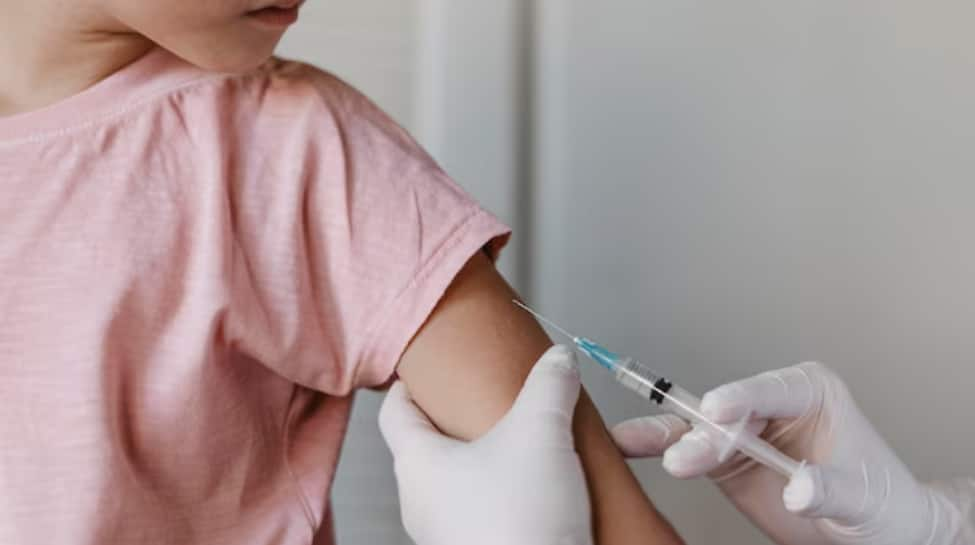Scientists have found a type of new species of bacteria Globicatella which was recorded when a UK citizen was bitten by a cat, developing a painful swollen hand. This pathogen was never recorded earlier, according to researchers.
The research explained a male with obesity, who got emergency medical assistance in 2020 with a swollen hand, multiple wounds and abrasions. The condition developed after eight hours.
Scientists identified in the research — which was published in the journal Emerging Infectious Diseases — a strange bacterium Globicatella that led to the “extensive soft tissue infection in the man.”
Earlier researchers have attempted to explain how infections could jump into humans when they bite.
The man was given treatment for the infection including a tetanus vaccine, with a number of antibiotics. After being discharged he came in again 24 hours later with an infection in his left little and right middle fingers.
Then surgery was performed on his hand with three antibiotics prescribed to him. He eventually started recovering from that.
The researchers, while studying this revealed an organism similar to Streptococcus — a bacteria linked to strep throat, pink eye and meningitis.
But it did not match any previously recorded pathogens, making it a new microbe.
They further found the new bacterium belonged to a genus of gram-positive bacteria called Globicatella which differs from related strains. They suggested that it is a “distinct and previously undescribed species”.
According to scientists, cats have the potential to cause deep-tissue bite injuries, with the direct inoculation of their saliva posing a high risk of secondary infection.
When bitten, people are strongly recommended to wash wounds with soap or salt and see a doctor right away.
The new findings “highlight the role of cats as reservoirs of as yet undiscovered bacterial species that have human pathogenic potential.”














































